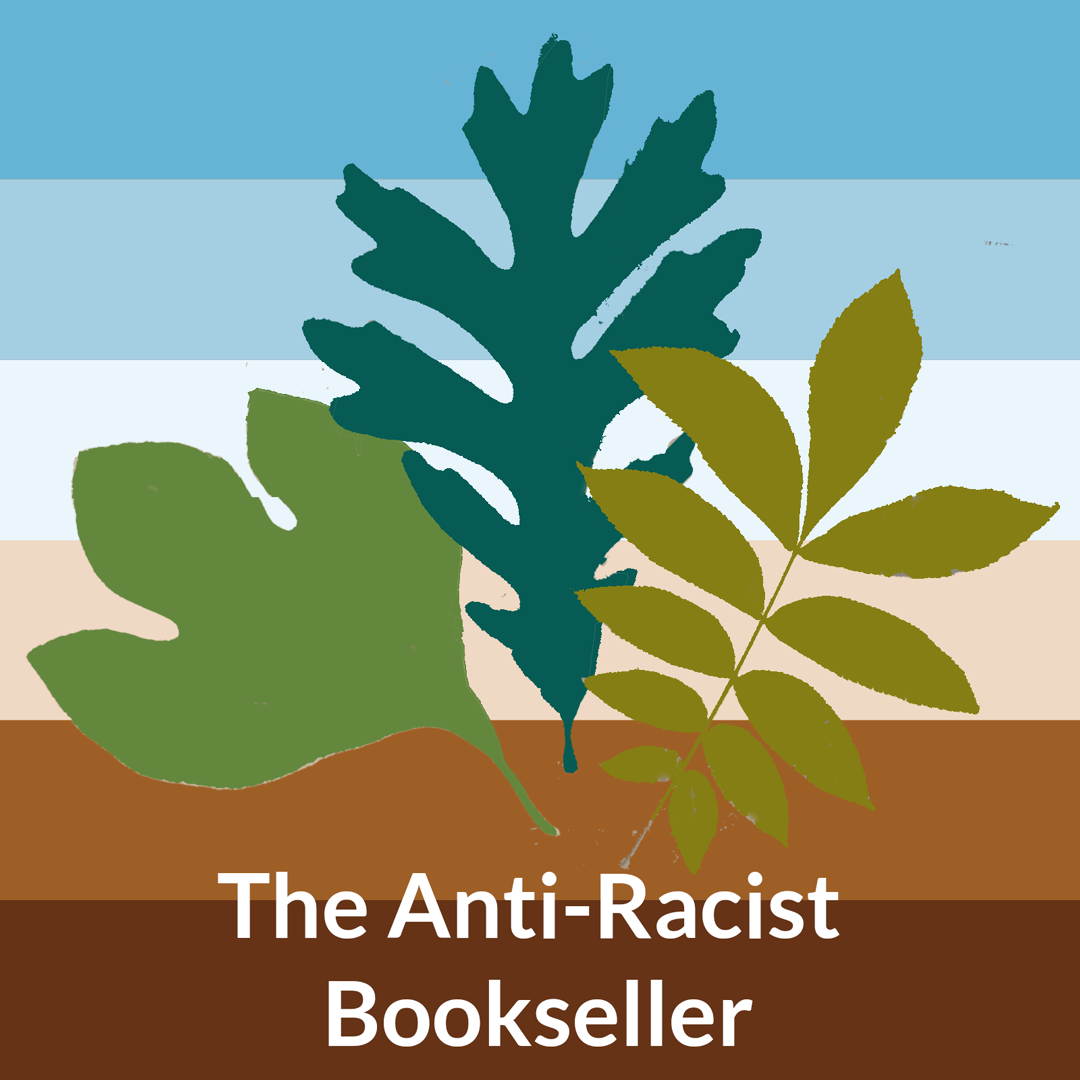 About Woke
About Woke
Almost a year ago, Florida Governor Ron DeSantis signed House Bill 7 into law. The law regulates how race issues can be taught in the state's educational system, but HB 7 is better known as the Stop Wrongs Against Our Kids and Employees Act, or the
Stop WOKE Act.
Words gain and lose nuance and meaning in daily discourse as a matter of course, but how is it that "woke" -- shorthand for "being aware of inequality and racism" has now found its way onto a piece of legislation written specifically to suppress the awareness
of inequality and racism?
The word has been co-opted by right-wing activists as a term of contempt liberally applied (pun intended) to, well, almost anything they don't like.."everything from deadly mass shootings to lower military recruitment." (David Remnick, The Political Scene Podcast) And while this can sometimes border on the ridiculous, like the great band-aid controversy, it has also been blamed for the banking crisis. In other words, "Woke" in a right-wing context, is an expression of anger and fear.
But the word at its heart retains its meaning of being socially aware, being empathetic, being informed. The origins of "Woke" in its political sense are uncertain, but probably are found in the early twentieth century in the labor movement and early
Black activism. The linguist Tony Thorne (Dictionary of Contemporary Slang) notes that "woke" (as opposed to "awake") is a Southern US dialect. There are sporadic uses of "woke" in news articles and blues songs in the 50s and 60s, and it
was understood well enough as a concept that in 1965 Martin Luther King gave a commencement address to Oberlin College called "Remaining Awake Through a Great Revolution."
"Woke" was well established shorthand, especially in the Black community, by the time Erykah Badu released "Master Teacher" on her album New Amerykah -- often bookmarked as the moment the word entered popular culture. But Badu's "woke" is something more immediate than the general liberal definition of "socially aware.":
“Woke is definitely a black experience — woke is if someone put a burlap sack on your head, knocked you out, and put you in a new location and then you come to and understand where you are ain’t home and the people around you ain’t your neighbors.
They’re not acting in a neighborly fashion, they’re the ones who conked you on your head. You got kidnapped here and then you got punked out of your own language, everything. That’s woke — understanding what your ancestors went through. Just
being in touch with the struggle that our people have gone through here and understanding we’ve been fighting since the very day we touched down here. There was no year where the fight wasn’t going down.†--Georgia Anne Muldrow
For Black people to be woke is to be aware that you live in a place hostile to your existence.
In the wake of GeorgeF loyd's murder and Black Lives Matter movement, "woke" became the mainstream rallying cry for change, and in the process the word became appropriated and diluted, an inevitability since white people never dace the same consequences
and risks as Black people. "Socially Aware of Racial Injustice" means something entirely different for them and is a pallid substitute for a word that was meant to describe living under the constant threat of violence for being Black.
Inevitably, when words become co-opted people start to question whether or not they should even be used. "Slang amongst Black people is a love language," says Khiara M. Bridges, professor of law at UC Berkley School of Law, "and I am frustrated when that slang becomes appropriated and used by others and the meaning morphs. There’s something really
sinister about this term not only being taken from us but also deployed against us. It’s a double violation.â€
But at the same time, there is a power in reclaiming language from those who have appropriated it and weaponized it. Booksellers, who believe in the power of language to change the world for the better, know this better than anyone. Kathleen Newman-Bremang,
in her essay "When Did “Woke†Lose Its Meaning & How Do We Get It Back?" has a suggests
the best way to reclaim woke is to make people say what they mean when they use it:
"...succumbing to pressure to relinquish a word that was once so powerful to us over to people who only want to use it to harm us feels wrong. It’s heartbreaking, and I don’t want to do it. But we can’t deny that its meaning has shifted, and naming
exactly what people mean when they say it now is important for holding up a mirror to their white supremacist intentions. Next time someone uses “woke†in a derogatory manner, or calls a book or TV show “woke,†ask them what they really mean
by that term. Make them say the quiet part out loud. Because it might be harder to say “I hate Black people†than “that’s too woke.â€